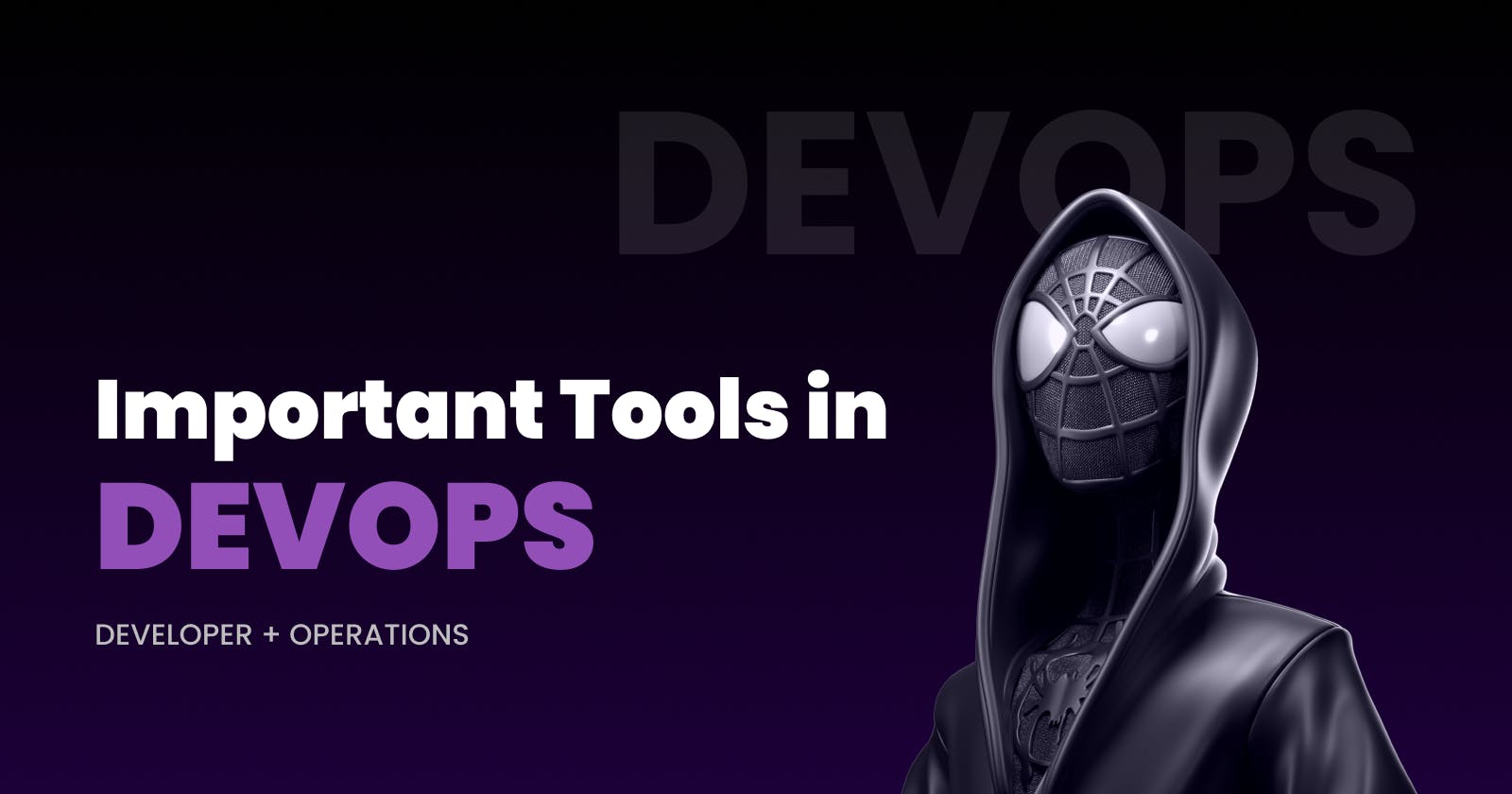DevOps Tools List: Empowering Collaboration and Automation in Software Development
Introduction to DevOps Tools
DevOps is not just a set of principles and practices but also relies heavily on a wide range of tools to enable efficient collaboration, automation, and continuous delivery in the software development lifecycle. These tools play a crucial role in streamlining processes, improving productivity, and achieving the goals of DevOps practices. Here is a detailed list of some of the essential DevOps tools commonly used in the industry:

Version Control System (VCS)
- Git: Git is a distributed version control system that allows developers to track changes in code, collaborate on projects, and manage codebase history efficiently. It provides the foundation for collaboration and enables developers to work on features in isolation through branches and merge changes back into the main codebase.

Continuous Integration and Continuous Delivery (CI/CD)
Jenkins: Jenkins is an open-source automation server that facilitates CI/CD pipelines. It automates the build, test, and deployment processes, allowing developers to continuously integrate and deliver code changes.
CircleCI: CircleCI is a cloud-based CI/CD platform that enables automatic testing and deployment of code changes in a scalable and efficient manner.
Travis CI: Travis CI is a cloud-based CI/CD service that automates the building, testing, and deployment of code changes, specifically designed for GitHub repositories.

Configuration Management
Ansible: Ansible is an open-source automation tool that automates the configuration and management of systems and applications. It allows developers to define infrastructure as code and ensures consistency across environments.
Puppet: Puppet is a configuration management tool that automates the provisioning, configuration, and management of infrastructure, ensuring a standardized and repeatable setup.
Chef: Chef is another configuration management tool that helps automate infrastructure management by writing code that defines the desired state of systems.

Containerization
Docker: Docker is a popular containerization platform that allows developers to package applications and their dependencies into containers, providing consistency and portability across different environments.
Kubernetes: Kubernetes is an open-source container orchestration platform that automates the deployment, scaling, and management of containerized applications.

Continuous Monitoring
Prometheus: Prometheus is an open-source monitoring and alerting tool that collects and stores time-series data, helping DevOps teams gain insights into the performance and health of applications and infrastructure.
Grafana: Grafana is a data visualization and monitoring tool that works seamlessly with Prometheus, allowing teams to create customizable dashboards and visualize the collected data.

Infrastructure Monitoring
Nagios: Nagios is an open-source infrastructure monitoring tool that provides a comprehensive view of the health and performance of networks, servers, and services.
Zabbix: Zabbix is another monitoring platform that tracks the status and performance of various components in an infrastructure, providing real-time monitoring and alerting.

Collaboration and Communication
Slack: Slack is a team communication platform that enables real-time messaging, file sharing, and integrations with other tools, fostering effective collaboration within DevOps teams.
Microsoft Teams: Microsoft Teams is a collaboration hub that integrates chat, video conferencing, file sharing, and project management capabilities, making it a versatile tool for DevOps teams.

Conclusion

DevOps tools are critical in facilitating collaboration, automation, and continuous delivery in the software development lifecycle. By leveraging version control systems, CI/CD platforms, configuration management tools, containerization technologies, and monitoring solutions, DevOps teams can streamline processes and improve the efficiency and quality of software development. The tools mentioned in this list are just a glimpse of the vast DevOps ecosystem, and organizations can choose and customize the tools that best fit their specific requirements, promoting a culture of collaboration, continuous improvement, and success in the modern software development landscape.
